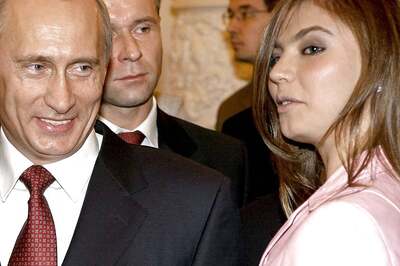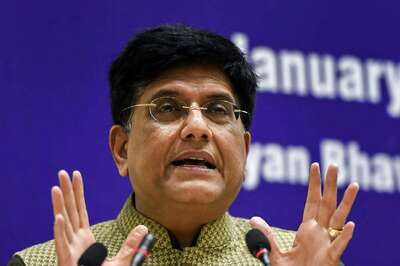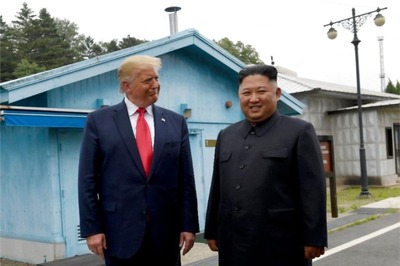
views
Discounts tied to buying virtual goods have little impact on profitability and do not increase the number of customers making purchases, say economists from the University of Chicago.
In an experiment that involved more than 14 million app players of mobile games by King Digital Entertainment -- maker of Candy Crush Saga, the researchers designed a series of quantity discounts which were offered to different groups of customers for a three-month period.
The team including researchers Steven Levitt, the William B. Ogden Professor of Economics, and John List, the Homer J. Livingston Professor of Economics and King conducted the field experiment together.
In the most extreme intervention, players were offered a more than 60 per cent discount for intermediate-size purchases and a more than 70 per cent discount for large-size purchases. Analysis of players' responses to the discounts show that quantity discounts had virtually no effect on the share of players making a purchase.
"Customers who made small and infrequent purchases tended to spend more when offered the largest quantity discounts, while customers who were already large buyers tended to spend less. The net result was no impact on revenues or profit," the study noted.
Data suggests some consumers who would have made small purchases were discouraged from doing so when faced with large quantity discounts. The researchers said their findings challenge traditional theoretical thinking on quantity discounts, particularly that such practices increase company profitability.
“This project was an example of using experimental methods to test a much more radical shift in strategy," Levitt noted.
King's games for smartphones, tablets and other devices are free to users.



















Comments
0 comment